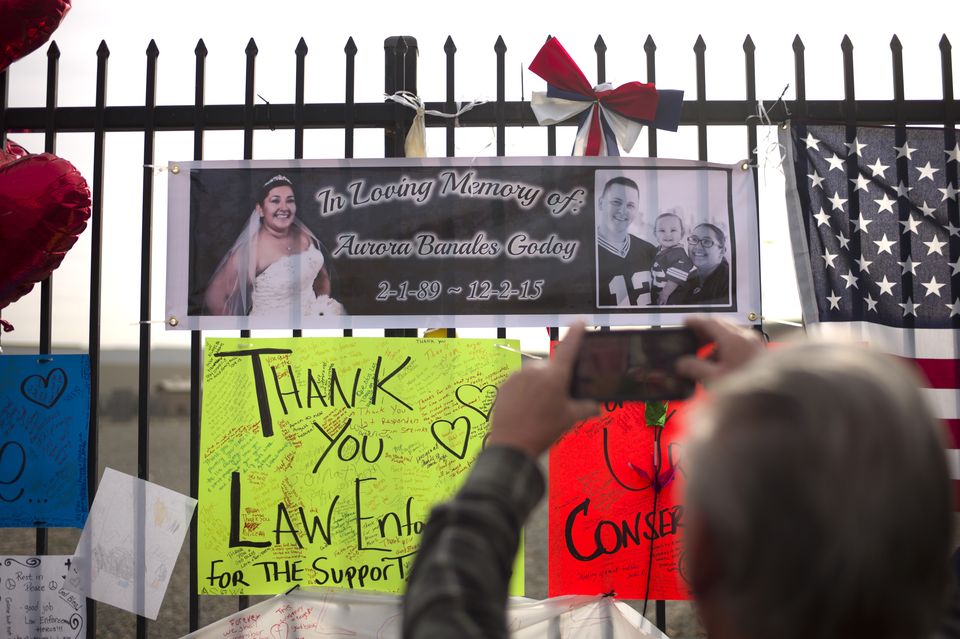-
Tips for becoming a good boxer - November 6, 2020
-
7 expert tips for making your hens night a memorable one - November 6, 2020
-
5 reasons to host your Christmas party on a cruise boat - November 6, 2020
-
What to do when you’re charged with a crime - November 6, 2020
-
Should you get one or multiple dogs? Here’s all you need to know - November 3, 2020
-
A Guide: How to Build Your Very Own Magic Mirror - February 14, 2019
-
Our Top Inspirational Baseball Stars - November 24, 2018
-
Five Tech Tools That Will Help You Turn Your Blog into a Business - November 24, 2018
-
How to Indulge on Vacation without Expanding Your Waist - November 9, 2018
-
5 Strategies for Businesses to Appeal to Today’s Increasingly Mobile-Crazed Customers - November 9, 2018
Federal Bureau of Investigation director questions business case for end-to-end encryption
The question we have to ask is: “Should they change their business model?”
Advertisement
“In May, when two terrorists attempted to kill a whole lot of people in Garland, Texas, and were stopped by law enforcement, again, that morning before one of those terrorists left to commit mass murder, he exchanged 109 messages with an overseas terrorist”, he revealed.
“I just don’t want to speculate on this particular investigation”, he said.
Now that encryption has been elevated to a default technology on mobile devices, the government has heightened its “Going Dark” rhetoric, again on Wednesday insisting during a Senate Judicial Committee hearing that Silicon Valley figure out how to deliver plain-text communication between criminal and terror suspects to law enforcement. “That is a big problem we have to grapple with it”, said Comey.
Comey didn’t name specific tech companies in his remarks, but said he has met with many tech leaders in recent weeks about the need to free up encrypted data.
Despite cryptologists’ insistence any means of accessing encryption fundamentally undermines the security of services, the director said the decision not to cooperate with law enforcement is based on a business model of advertising zero government access. The White House has said it is not pursuing encryption legislation. The U.S. government has even financed some encryption smartphone apps – including Signal, RedPhone and TextSecure – through the federal Open Technology Fund.
“I have concern about a PlayStation that my grandchildren might use”, Feinstein said, “and a predator getting on the other end and talking to them, and it’s all encrypted”.
He repeated his argument that doing business in America carries the cost of American values – whether it be environmentally, ethically or securely, but submitted a complete solution should include a set of worldwide standards with allies.
Encryption has plenty of legitimate uses: It keeps data secure for companies, protects the work of journalists and activists, and even keeps military secrets safe from the bad guys.
“It’s not a technical issue”, Comey said.
Senate Intelligence Committee Chairman Richard Burr, R-N.C., will soon draft a bill that would require tech companies to decrypt user information when confronted with a court order.
Advertisement
“It would be a very, very important thing to know”, he said. “They’d have to figure out how, consistent with their security requirements, they could comply with the judge’s order, as a lot of companies do today”.





























